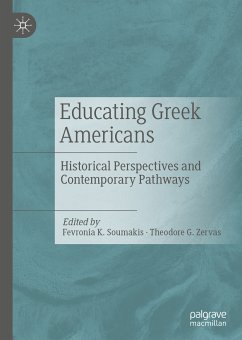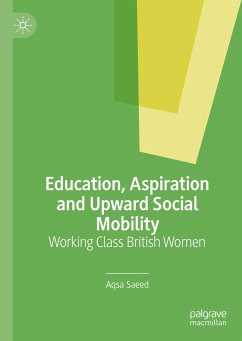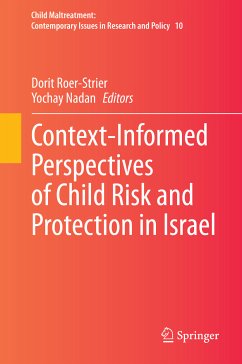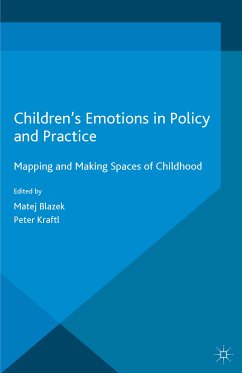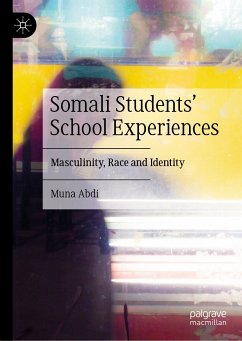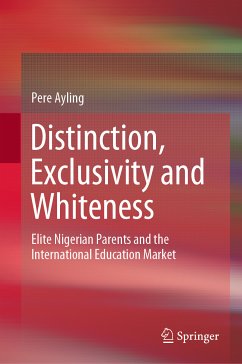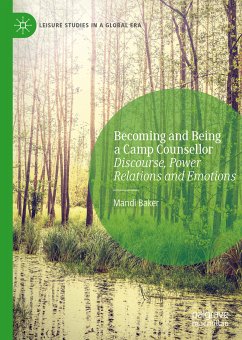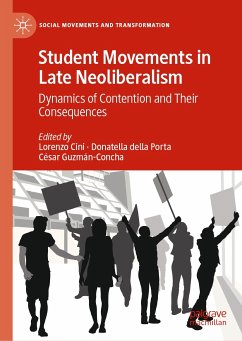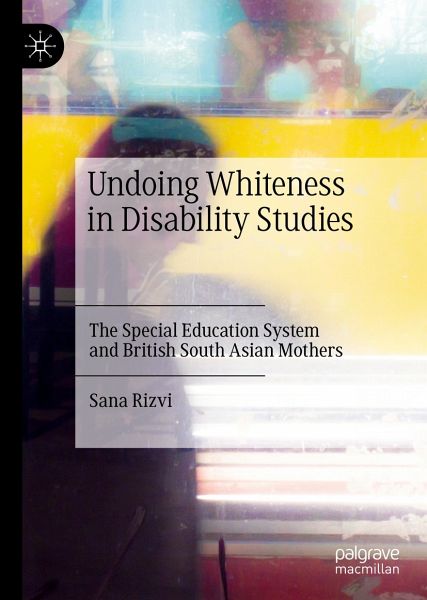
Undoing Whiteness in Disability Studies (eBook, PDF)
The Special Education System and British South Asian Mothers
Versandkostenfrei!
Sofort per Download lieferbar
80,95 €
inkl. MwSt.
Weitere Ausgaben:

PAYBACK Punkte
40 °P sammeln!
This book offers a nuanced way to conceptualise South Asian Muslim families' experiences of disability within the UK. The book adopts an intersectional lens to engage with personal narratives on mothering disabled children, negotiating home-school relationships, and developing familiarity with the complex special education system. The author calls for a re-envisioning of special education and disability studies literature from its currently overwhelmingly White middle-class discourse, to one that espouses multi-ethnic and multi-faith perspectives. The book positions minoritised mothers at the ...
This book offers a nuanced way to conceptualise South Asian Muslim families' experiences of disability within the UK. The book adopts an intersectional lens to engage with personal narratives on mothering disabled children, negotiating home-school relationships, and developing familiarity with the complex special education system. The author calls for a re-envisioning of special education and disability studies literature from its currently overwhelmingly White middle-class discourse, to one that espouses multi-ethnic and multi-faith perspectives. The book positions minoritised mothers at the forefront of the home-school relationship, who navigate the UK special education system amidst intersecting social inequalities. The author proposes that schools and both formal and informal institutions reformulate their roles in facilitating true inclusion for minoritised disabled families at an epistemic and systemic level.
Dieser Download kann aus rechtlichen Gründen nur mit Rechnungsadresse in A, B, BG, CY, CZ, D, DK, EW, E, FIN, F, GR, HR, H, IRL, I, LT, L, LR, M, NL, PL, P, R, S, SLO, SK ausgeliefert werden.



